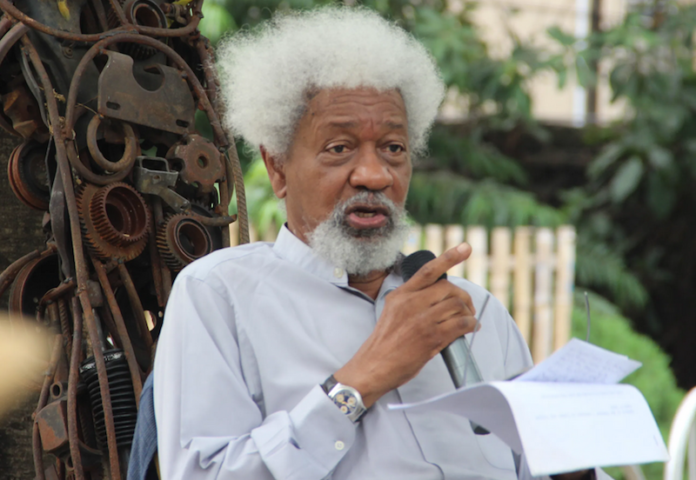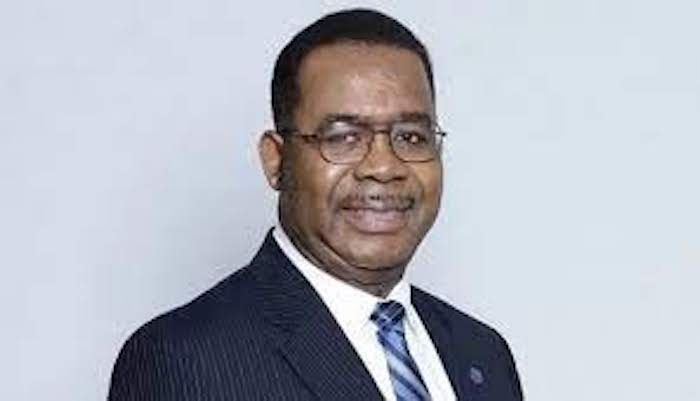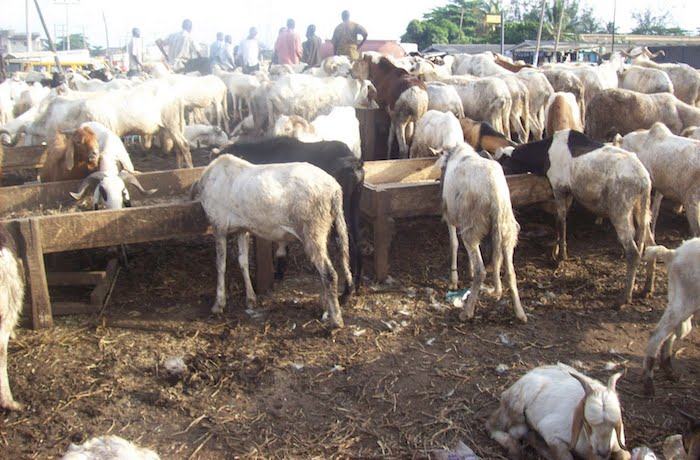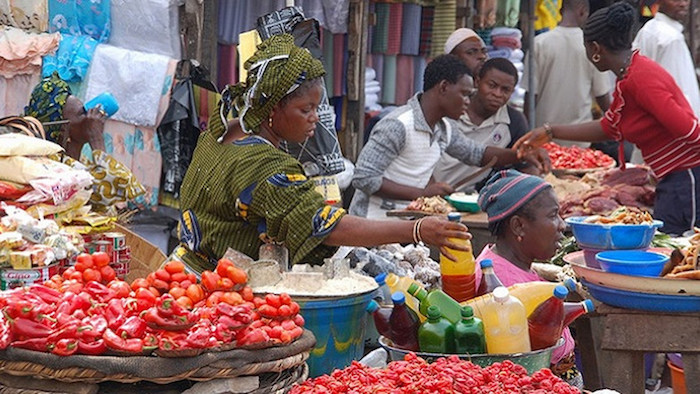The need for Lagos residents and Nigerians to go back to their history and cultural heritage was reemphasized as it would enable the younger generation to know the history of their states and country.
Prof. Ibiyemi Ibilola Olatunji-Bello, Vice Chancellor, Lagos State University (LASU), Ojo, Lagos, among other personalities, gave the charge in Lagos during an event to mark the International Museum Day.
Speaking at the event, tagged: “Future of Museums: Imagination, Innovation and Recovery of Lagos Cultural Heritage,” organised by LASU, under the auspices of LASU Museum, Prof. Olatunji-Bello said the event was to remind Lagosians and Nigerians to embrace their roots, history and cultural heritage, as that reminds them of their dignity and pride as a people.
“The significance of the day is that we must not forget our roots. Wherever we are now, we should always remember that there has been a past, there is a history. Once there is a history, there must be a culture.
“We need to propagate the culture to the younger ones and even to the visitors. There are some visitors that want to come to the state and they want to know what Lagos is all about, they want to know the history of Lagos. So, we decided to use this opportunity to showcase the glory of Lagos, its history and culture.”
At the event, the immediate past President of the National Industrial Court of Nigeria, Abuja, Justice Babatunde Adeniran Adejumo, who was the guest speaker, called for the training and retraining of the museum’s curator to enable them provide accurate information on the people’s history and cultural heritage.
Justice Adejumo emphasized the need for the provision of facilities for the museums, its staff members and the need to expand the museums, adding that “LASU needs to do this in collaboration with the state government.”
He stated that the Lagos Museum “is intended to be a modern architectural attraction, which hopefully, if the managers of the museum apply modern innovative ideas to it, will redefine the concept of the museums in the average mind in the country and attract multitudes of younger generation called the Millennials, to embrace and appreciate the Lagos cultural heritage within global futuristic lens.”
He said that museums must develop innovative ways to stay afloat and attract more visitors and generate more income to boost the economy.
Justice Adejumo advocated the need for a modern museum, which should have enough office spaces for the curators and members of staff.
He added: “There should be a restaurant that both members of staff, as well as tourists visiting the museum could stay in and eat and relax. Also, there should be a mini-mart or sales point where souvenirs made of antiquities may be demonstrated for those tourists who may wish to buy articles.
“There should be a gallery hall where various paintings and artifacts of historical backgrounds should be on display. There should also be more domestic and harmless animals in an enclosed environment, such as tortoises (both land and sea). All this may draw the attention of the younger ones.”
Justice Adejumo said that museums of the future must be designed to promote tourism and give visitors an experience of a lifetime such that they want to keep coming back and in fact, bring others from the country and from around the world along with them.
In order for this to happen, he said that museum managers must deploy applied imagination and practical innovation as essential ingredients that must interplay to adapt to an ever-changing world where digital transformation, as well as a hunger for new ways of doing things, has become the norm.
Indeed, museums have become innovation play grounds where new technologies can be developed and applied to everyday life, he added.
Saying that all other institutions may have their own museums, Prof. Olatunji-Bello added: “But LASU is peculiar because it is a great university. Lagos is also peculiar. Even when they have other things, there are some things that are here, some artifacts that are over 100-years-old. We also have our curators who can also bring up artifacts, which will look original. With that we are still propagating the culture of the state.”
She stated that “it is very important that school children are carried along today because they need to know the history of their state, they also need to know the culture.They will get the history of Lagos State and that of the country, and also the culture of the state.”
The LASU VC promised that in years to come, Lagosians should expect the museums to have more artifacts, as they “are planning to get the place enlarged by next year.”
She advised tourists to the LASU Museum “to relax, enjoy and ensure they take something home.”
Prof. Olatunji-Bello said the “LASU Museum is one of the research units of the university established to collect cultural artifacts for preservation, conservation, display, research and documentation.”
The VC said that LASU is “more than focused on achieving one of the objectives of the university, which is to serve as a curative custodian, promoter, and propagator of Lagos social and cultural heritage and other resorts.
“To this end, we have commenced the renovation and construction of the new Museum Gallery, which will facilitate effective, efficient museum operations in the state.”
She assured stakeholders that at the completion of the project, “they will all smile, and enjoy professional services from the museum.”









